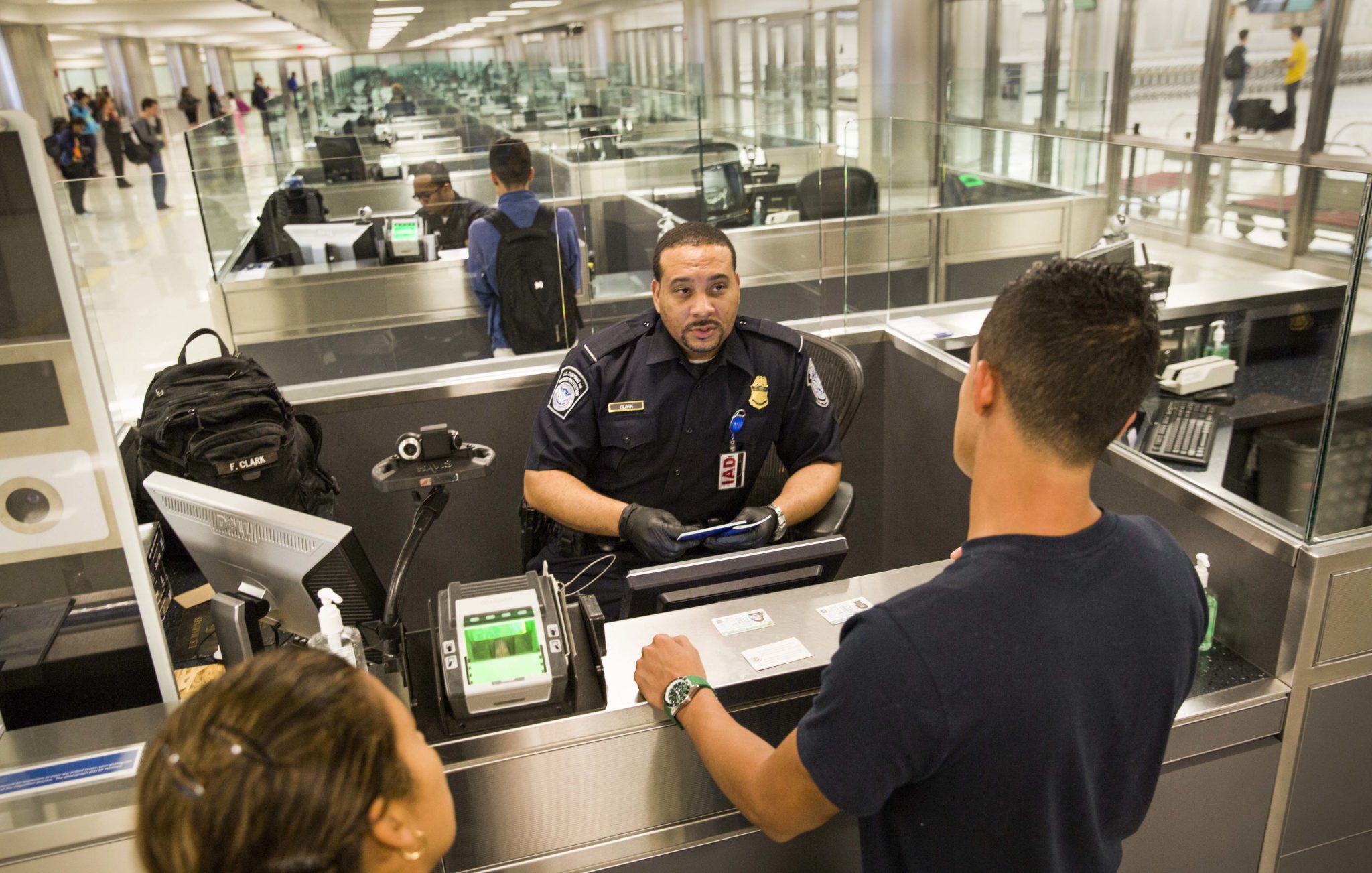
Yale, along with 64 other universities, signed onto an amicus brief last month opposing federal visa policy reforms that make visa overstay rules more stringent for international students.
The amicus brief supports the plaintiffs of the lawsuit — Guilford College et. al. — who are demanding a hold on immigration reforms that restrict overstaying a visa. Current immigration policies dictate that when an individual’s visa expires, a period of “unlawful presence” begins. After six months of unlawful presence, an individual — who is no longer authorized to remain in the United States — may be ordered to return to their country of origin and barred from the United States for three years. Due to changes in how the Department of Homeland Security calculates unlawful stay time, visa-holding students may be forced to leave the country for extended periods of time while discretionary decisions about their status are made, the brief states.
Other signatories of the brief — most of whom are members of the Presidents’ Alliance on Higher Education and immigration, a coalition of institutions pushing for policies in support of undocumented and international students — include Harvard College, Princeton University, Dartmouth College, Columbia University and Cornell University.
“When many schools join the brief, it shows a strong consensus in higher education regarding the harmful effects of the new Policy Memorandum for international students and higher education in the United States, and underscores the benefits to the United States of attracting outstanding international students,” wrote University spokesman Tom Conroy in an email to the News.
University President Peter Salovey declined to comment for the story.
Prior to the August policy reform, the period of “unlawful presence” only began after the government officially determined that the individual was “out of status.” But the Department of Homeland Security can now set retroactive start dates, which begin immediately after a student’s degree program ends or after their visa expires.
According to the amicus brief, the new rule imposes “devastating” re-entry bans for some international students for technical and administrative errors that are “frequently beyond [their] control.”
In a statement to the News, Conroy said the University’s Office of International Students and Scholars reached out to all international students with reminders of the regulations for maintaining a lawful status when the policy was announced last semester. The office also extended advising hours, held information sessions and invited immigration attorneys to campus to speak about the policy change, Conroy added.
Since President Donald Trump’s inauguration in early 2017, Salovey has said relatively little about the president in public. But the University has taken a stance against the Trump administration’s immigration policies on multiple occasions. In August 2017, Salovey sent a public letter to Trump asking the president to “maintain and defend” the Deferred Action for Childhood Arrivals program. Last April, Yale, along with 30 other universities, filed an amicus brief with the Supreme Court supporting the state of Hawaii challenging Trump’s September 2017 presidential proclamation. The proclamation restricted citizens of eight countries — six of which are majority-Muslim — entry to the United States. In the brief, the coalition of institutions of higher education contended that the restriction makes it difficult for universities to attract international scholars and faculty members.
In an interview with the News in 2017, Salovey said Yale will only respond to Trump on issues that directly affect the University, such as immigration policies and federal funding for research.
“Constraining my speech to issues that directly affect us is a way of being in compliance with those rules,” Salovey said at the time. “I have to choose my words in a wise way, and if you speak on everything people begin to listen to nothing. When I speak out … I want to make sure I have an impact.”
According to Internal Revenue Service guidelines, Yale, which is a tax-exempt 501(c)3 organization, cannot endorse or oppose political candidates. The guidelines also forbid University leaders from making “partisan comments.”
Under the Trump administration, the United States Citizen and Immigration Services have placed increased scrutiny on visa applications, causing the landscape of U.S. immigration policy to be in constant flux. According to a July 2018 report from the National Foundation for American Policy, the percentage of denied temporary work visas has shot up during Trump’s presidency.
“The stricter policies, the talk of stricter policies, the increased scrutiny of applications and the general slowing down of the adjudication of applications have created an unprecedented climate of uncertainty,” Director of the Office of International Students and Scholars Ann Kuhlman told the News in September. “With this level of uncertainty, it is difficult to plan and for some students, options for post-graduation employment outside the U.S. becomes a more attractive possibility.”
Yale Office of International Students is located at 421 Temple St.
Lorenzo Arvanitis | lorenzo.arvanitis@yale.edu
Serena Cho | serena.cho@yale.edu







